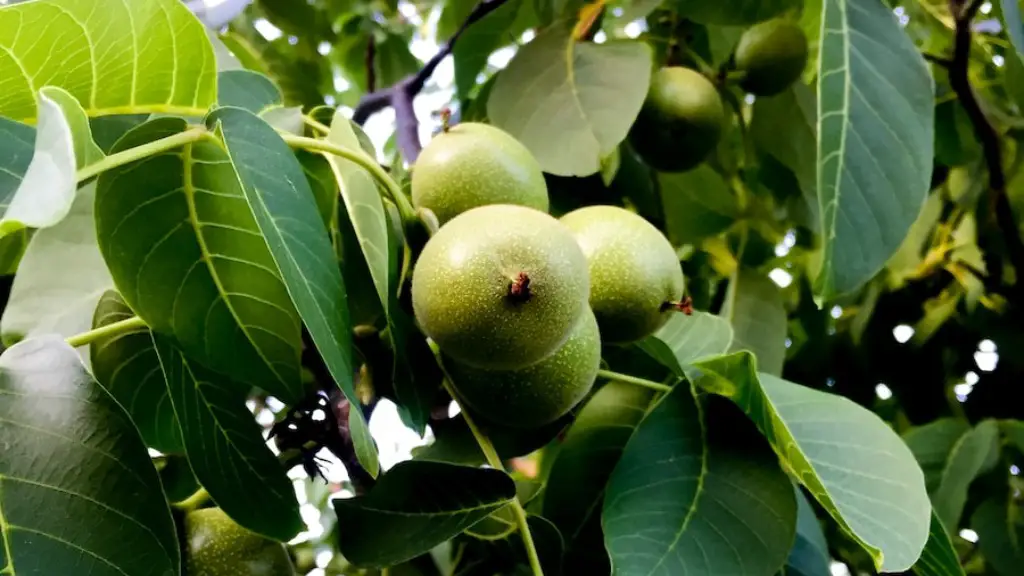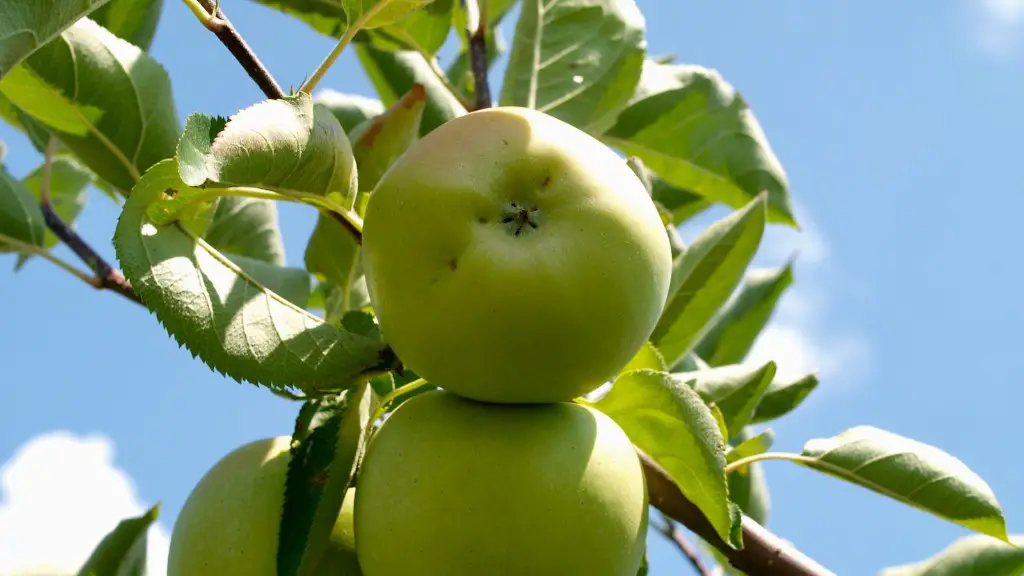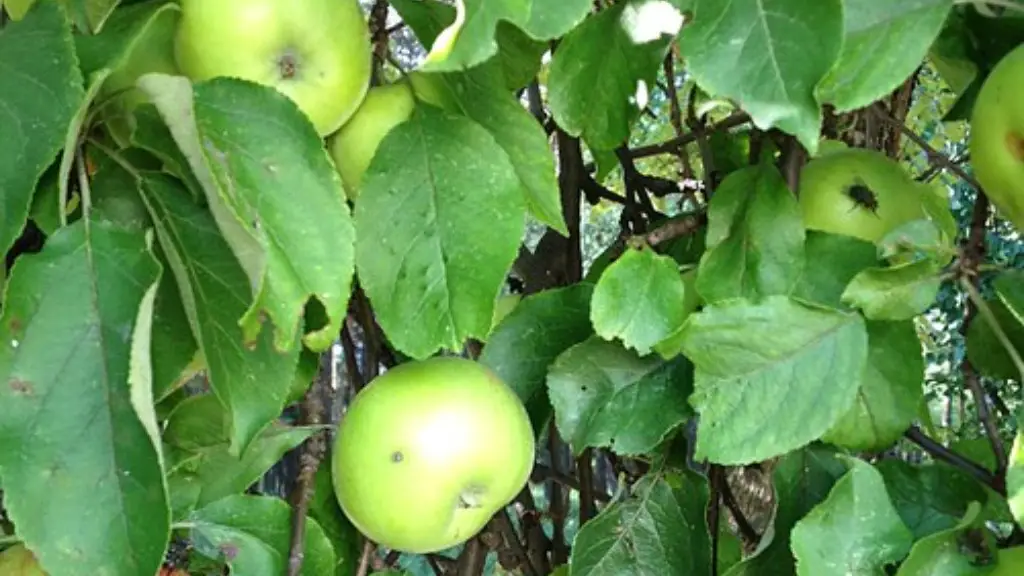Growing lemon trees from seed is a great way to get started in the world of gardening. It can be a fun and rewarding experience, and it’s not as difficult as many people think. Lemon seeds can produce new citrus plants, however it takes some patience and a few special tricks to have success. Even if you have limited gardening experience, it’s possible to successfully grow a lemon tree from seed.
When selecting a seed, it’s best to get a fresh lemon and not one that has been stored in the refrigerator. The way to tell if a seed is viable is to crack it open and check for a white embryo. If it’s dry, brown and looks dead, the seed won’t sprout, so look for a healthy, bright white one. Put the seeds in a bowl of warm, not hot, water and wait for them to swell and sprout a root. Then, it’s time to transplant them into the soil.
When planting lemon seeds, it’s important to choose a quality soil. A soil that is high in organic matter is ideal, as it will help to keep the soil moist and give the seed all of the nutrients it needs. Try to find a soil that is rich in nitrogen, as this will help to encourage root growth. After planting the seeds, make sure to keep the soil moist but not soggy, as this can encourage mold and rot.
Lemon trees can take a while to germinate, so it’s important to be patient. It can take anywhere from one to three months for a seed to sprout, so it’s essential to be conscientious about watering and providing enough light for the seed to grow. The amount of light needed depends on where you live, but seven to eight hours a day is ideal. The seedlings should be watered every few days, making sure the soil is moist not soggy.
Once the seedlings start to grow, you can transplant them into larger pots and add a little fertilizer to give extra nutrients to help the plants grow. It’s important to keep the plant pruned and the soil moist. The lemon tree should start to produce fruit in two to three years. With a little bit of patience and dedication, you’ll have a lemon tree with juicy ripe lemons in no time.
The Right Climate
To successfully grow a lemon tree from seed, you’ll need to create an ideal environment for it. Lemon trees grow best in climates with hot summers, mild winters, and plenty of humidity. If you live in an area with a cold winter, the tree may need to be brought indoors for protection. Lemon trees also require a lot of sunlight, so it’s best to choose a location that gets at least seven hours of direct sunlight a day.
Lemon trees can thrive in a variety of soils, so long as the environment is warm and humid. It’s important to select a soil that is well-draining, as this will help to keep the roots healthy. If possible, try to find a soil that’s high in organic matter and contains some nitrogen, as this will help to nourish the tree and give it the nutrients it needs to thrive.
Finally, it’s important to keep the soil adequately moist. Water the lemon tree when the top inch of soil is dry, and always make sure to avoid overwatering as it can cause root rot. If you live in an area with cold winters, you may want to consider bringing the tree indoors to protect it from the cold temperatures.
Fertilizer
Fertilizer is essential for helping lemon trees grow and produce fruit. When selecting a fertilizer, it’s important to make sure it is specifically formulated for citrus fruits. This type of fertilizer will typically contain a high level of nitrogen, which is essential for producing healthy leaves and boosting fruit production. It’s also important to make sure to use fertilizer according to its directions. Too much can burn and damage the tree, while too little won’t give the tree the nutrients it needs.
In addition to using fertilizer, it’s also important to trim the branches of your lemon tree to keep them healthy and promote growth. Trimming helps to keep the tree from becoming overgrown and encourages proper branching and fruit production. Make sure to prune at least once a year, and always use sharp, clean pruning shears to avoid damaging the branches.
Finally, it’s important to make sure your lemon tree is free from pests and disease. If you notice any signs of mold, fungus, or pests, it’s important to take action quickly to prevent major damage to the tree. This can include an application of an appropriate pesticide or fungicide, depending on the type of problem you’re seeing.
Harvesting and Caring for the Fruit
Once your lemon tree starts to produce fruit, it’s important to make sure you’re harvesting it correctly. Lemon trees typically produce several crops of fruit in a year, so it’s important to check the tree regularly to see when the fruit is ready to be picked. When harvesting, make sure to use caution and don’t pluck the fruit right off the tree – using shears or a knife will help to protect the branches and give you the best possible harvest.
Once you’ve harvested the fruit, it’s important to store it properly to keep it fresh. Lemon fruit can typically last up to a month if stored in a cool, dry place. It’s best to keep the fruit out of direct sunlight, as this can cause the fruit to spoil. Also make sure to keep it away from heat, as this will cause the fruit to go bad quickly.
When caring for the tree, it’s important to make sure it has enough room to grow. If you’ve planted your lemon tree in a container, it should be moved to a larger pot at least once a year. Doing so will help to ensure the tree has enough room to put out roots and increase its growth potential.
It’s also important to check the tree’s leaves and branches regularly for signs of disease or pests. If you notice any signs of problems, it’s important to take action quickly to eliminate the problem before it spreads to the rest of the tree.
Reaping the Rewards
Growing a lemon tree from seed can be a rewarding and fun experience. Not only will you get to taste the delicious, homegrown fruits, but you’ll also have the satisfaction of knowing you nurtured the tree from a seed to a productive fruit tree. With a little bit of patience and the right methods, it’s possible to have success with a lemon tree in no time.
When it comes to growing lemon trees, the most important thing is to be patient. It can take up to three years for the tree to start producing fruit, so it’s important to be conscientious about watering and providing enough light for the seed to germinate. With proper care and attention, you’ll be rewarded with a healthy, fruitful lemon tree in no time.
Once the tree is mature, make sure to harvest the fruit at the right time. Be sure to use caution when harvesting, using shears or a knife to protect the branches of the tree. Once the fruit is harvested, store it in a cool, dry place to keep it fresh. With a little bit of attention, you’ll soon be enjoy the delicious fruits of your labor.



